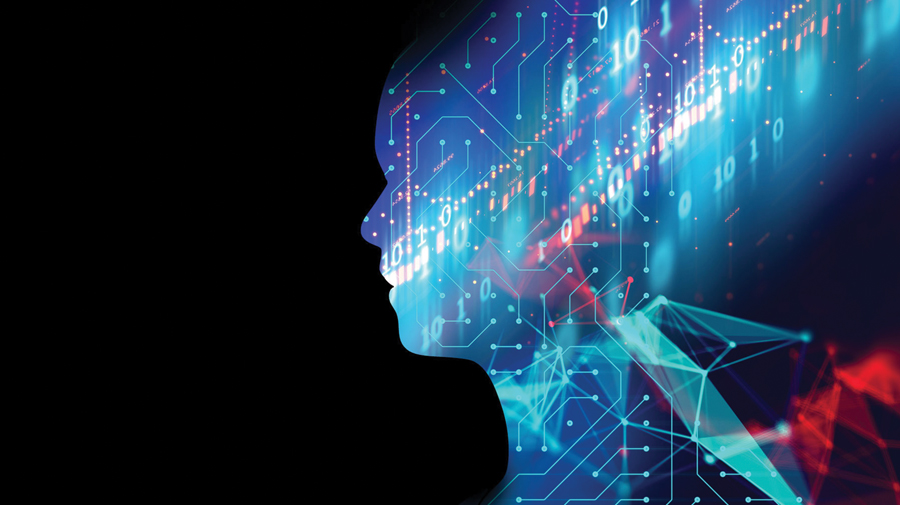Bill Gates has recently published a 7-page letter outlining his predictions for the future of artificial intelligence (AI), focusing primarily on its impact on the healthcare and education sectors. AI has been a prominent topic in the tech industry for quite some time, with its potential to revolutionize various fields capturing the interest of many experts. One such expert is Bill Gates, co-founder of Microsoft and a well-known philanthropist, who has been closely monitoring the advancements in AI and how they could reshape different industries. In recent years, Gates has been vocal about his beliefs regarding how AI could bring about significant changes in healthcare and education, two sectors he believes are ripe for disruption.

Gates envisions AI as a transformative force in the healthcare sector, emphasizing its potential to improve patient outcomes and enhance access to care, particularly in developing countries. He highlights the benefits of AI in streamlining administrative tasks such as processing insurance claims and generating notes from medical appointments, allowing healthcare professionals to focus more on patient care. Additionally, AI can assist patients with basic triage and offer guidance on managing medical issues.
The Impact of AI Across Different Industries
Gates underscores the role of AI in accelerating medical advancements, citing its ability to analyze vast amounts of biological data and identify new targets for drug development and therapy. This could lead to the discovery of novel therapies for diseases like cancer, AIDS, tuberculosis, and malaria.
Regarding education, Gates believes that AI-powered software has the potential to revolutionize the learning process. AI can adapt content to cater to different learning styles and interests, provide instant feedback, help educators assess student understanding across various subjects, and offer career guidance.
Challenges and Risks in AI Implementation
Despite the promise of AI, Gates acknowledges the challenges and risks associated with its implementation. Issues such as AI models misunderstanding human requests and the potential for misuse or unintended consequences raise concerns. However, Gates believes that these challenges can be addressed through careful regulation, education, and innovation. He emphasizes the importance of collaboration between governments and philanthropic organizations to ensure that AI is used to reduce inequality and serve the needs of the most vulnerable populations.

Final Thoughts
In conclusion, Gates believes that the potential of AI is vast but must be balanced with ethical considerations and social responsibility. He advocates for a comprehensive approach that weighs the risks and rewards of AI implementation, ensuring that its benefits are accessible to all, regardless of geographical location or socioeconomic status.
Overall, Gates’ article presents an optimistic and insightful perspective on how AI could drive progress in various industries and improve people’s lives. Despite the challenges associated with AI, its potential to address pressing global issues, particularly in healthcare and agriculture, is evident. Collaboration between governments, philanthropic entities, and industry stakeholders will be crucial to ensuring the responsible and equitable deployment of AI.
For more news and updates, visit our blog!


